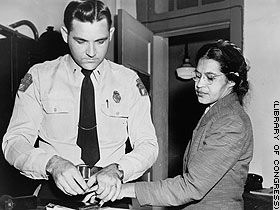The show will be on this evening at 8:00pm!!!!!

Tuesday - Was the province right to put an autistic boy in the Mirimichi Youth Jail? Rich will be joined by Harold Doherty of the New Brunswick Autism Society to talk about autism in New Brunswick, and the recent story from Mirimichi.






